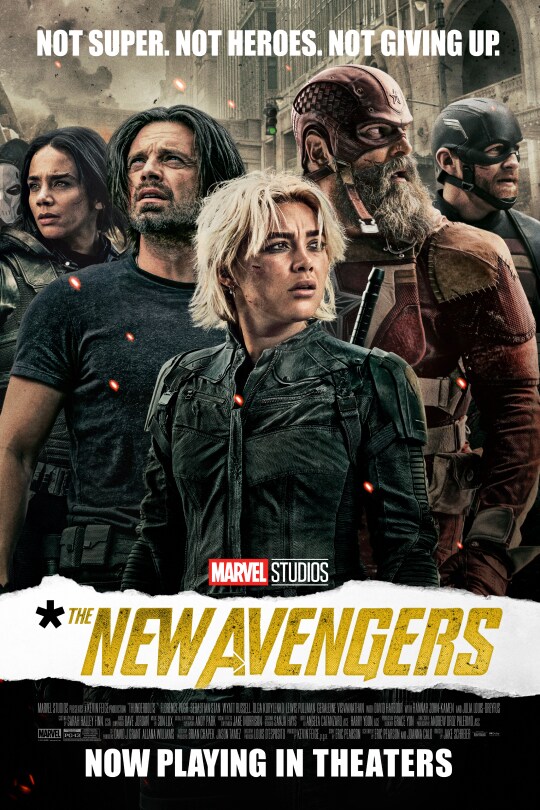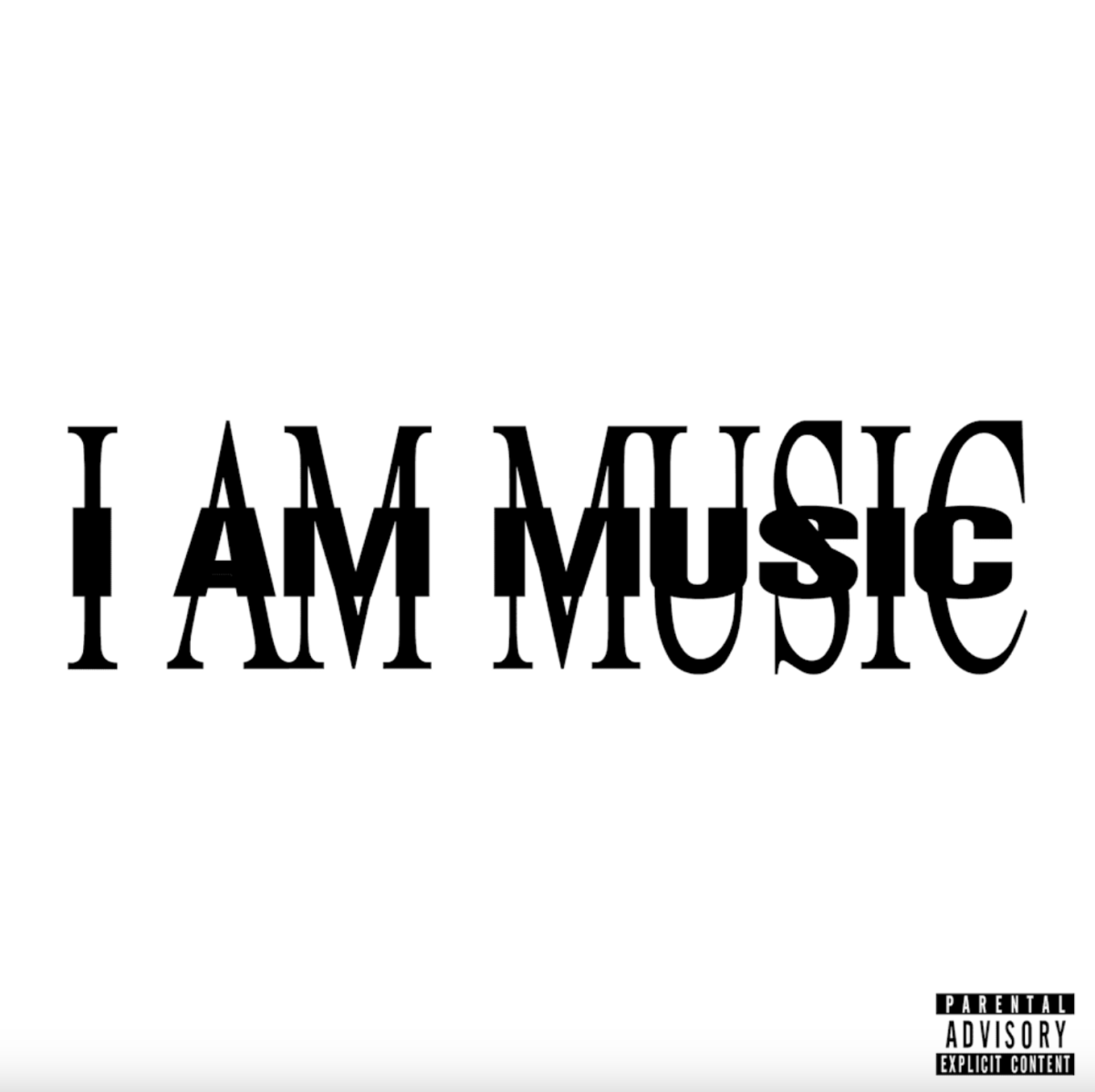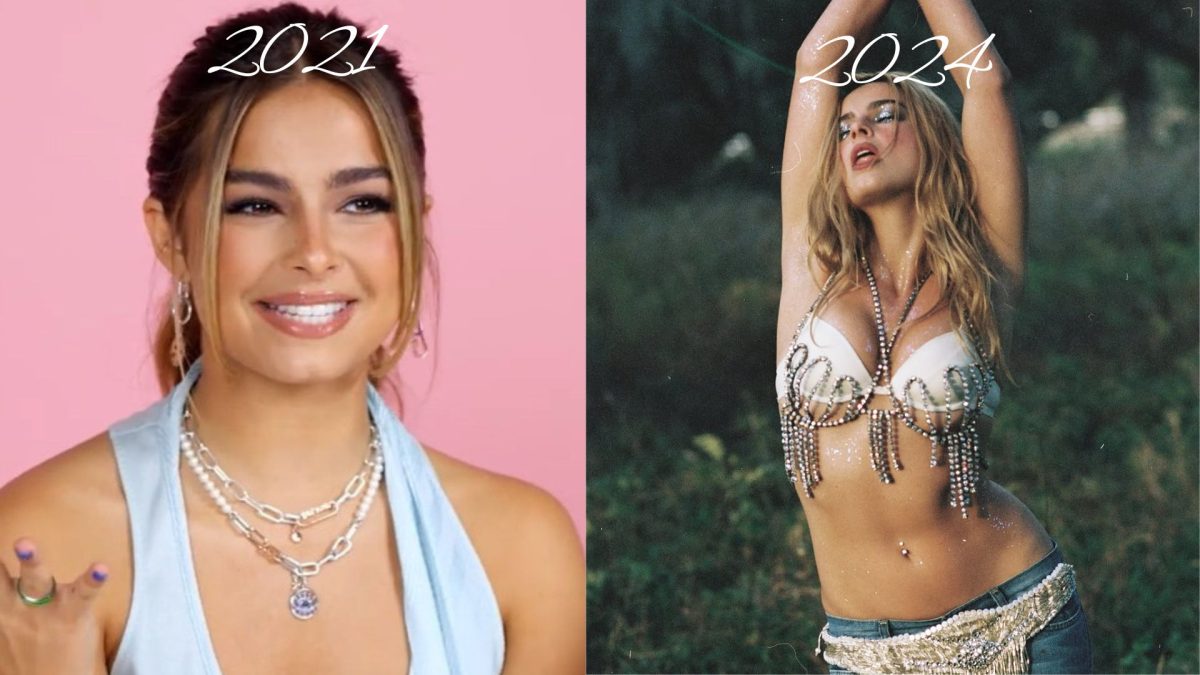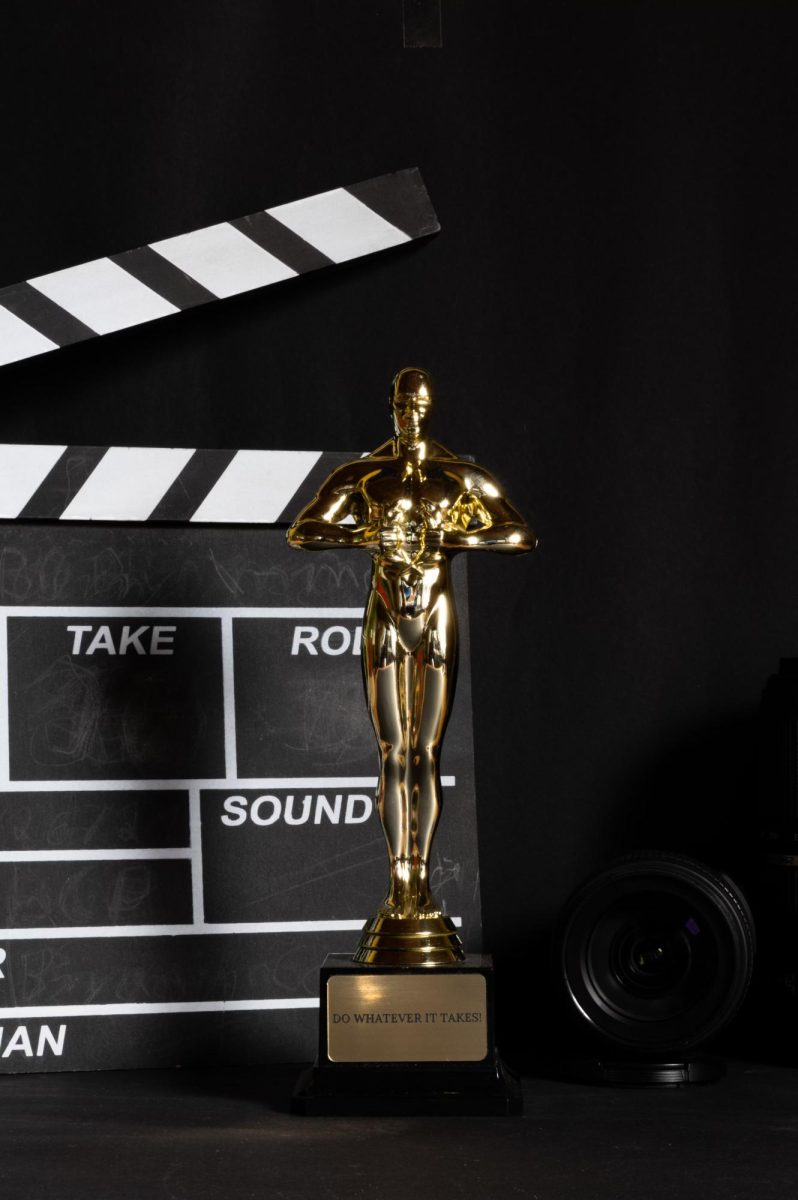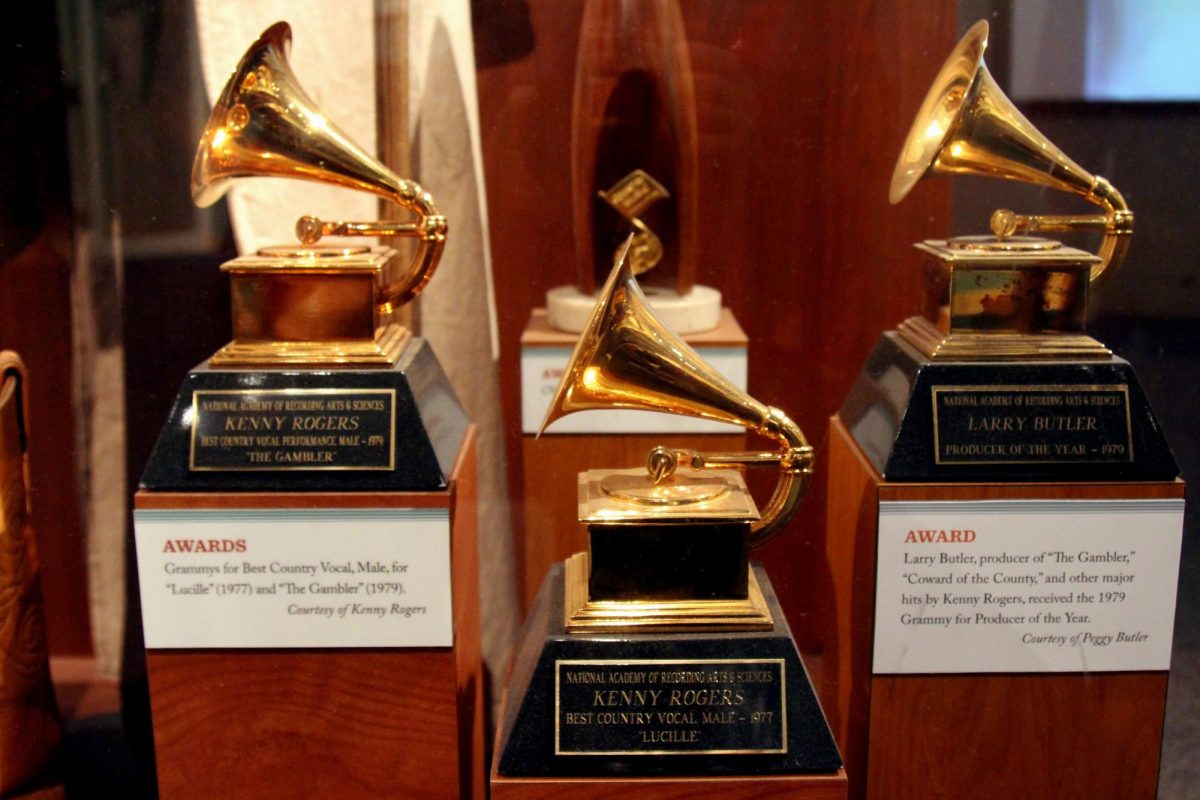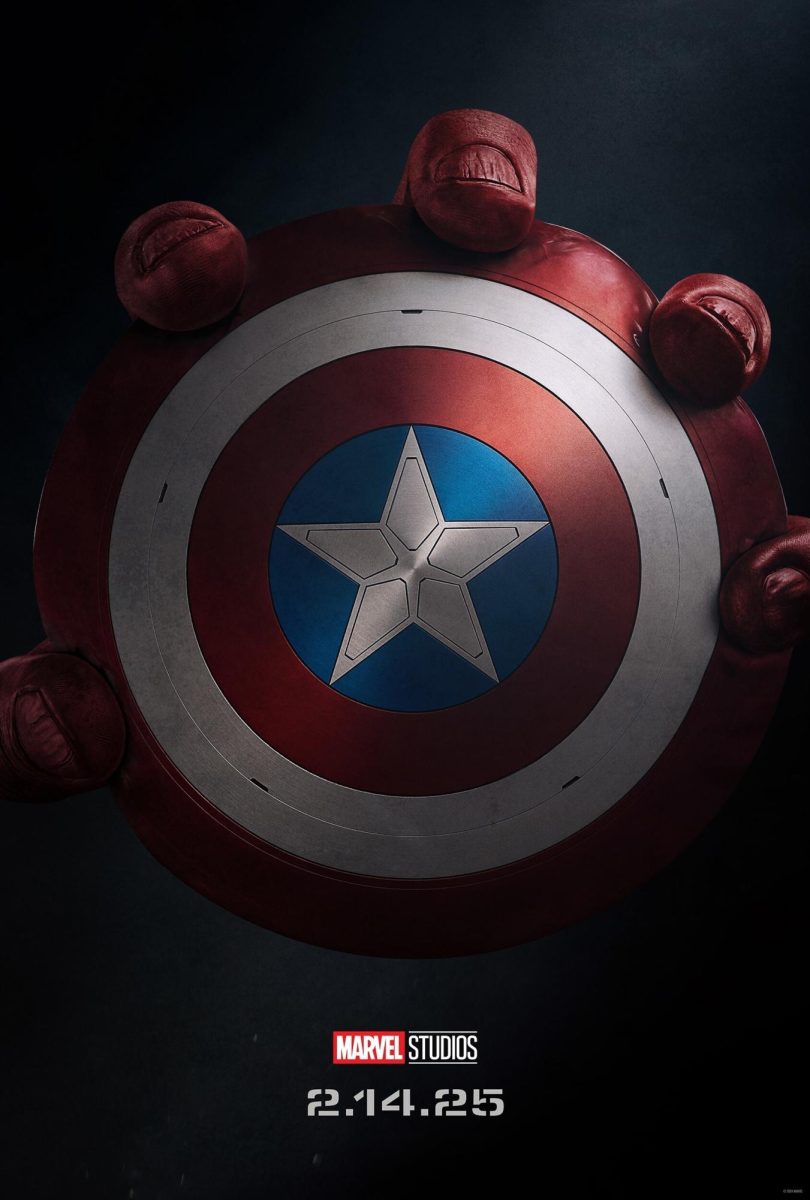
(Written from the perspective of a Students with Disabilities Affinity Group leader in the 2023-2024 school year)
Ah, cancel culture. Distinguished by its ability to turn others against someone who commits an act that others declare as intolerable – most notably bigotry – in the spirit of giving justice to all who were wronged, cancel culture is a large step above expressing frustration towards wrongdoing.
Cancel culture is defined by Merriam-Webster Dictionary as “the practice or tendency of engaging in mass canceling (withdraw[ing] one’s support for someone, such as a celebrity, or something, such as a company, publicly) as a way of expressing disapproval and exerting social pressure.” As standard as this definition sounds, people are conflicted. The question of when cancel culture is appropriate is divided by whether cancel culture is more beneficial than disruptive or more disruptive than beneficial.
The double standards of cancel culture
We first must look at the difference between bigotry from a majority identifier towards a minority identifier and the other way around. Society has imposed double standards as such. A lot of people online argue that there are no double standards, but that viewpoint is ignorant.
Firstly, many people make the mistake of believing that the definition of bigotry refers to hatred and intolerance towards minority groups only, but I believe that a definition that places equal weight on bigotry against minority groups and bigotry against majority groups, and thus, an equal weight on bigotry coming from both majority groups and minority groups is more correct.
There are countless examples of white people behaving in a racist manner on camera and being subsequently dubbed a “Karen” or “Kevin” (depending on the person’s biological sex), two terms that have evolved to mean “an obnoxious, angry, entitled, and often racist middle-aged white woman [or man in the case of “Kevin”] who uses [their] privilege to get [their] way or police other people’s behaviors.”
In addition, there are countless examples of public figures getting canceled over publicly sharing sentiments against minority groups. For example, one of Kanye West’s tweets, stating that he wants “death con 3 on Jewish people” resulted in public cancellation, and West got his X (Twitter) account suspended and he lost both multiple brand deals and the release of a documentary about him, likely stemming from involved corporations feeling pressure to no longer publicly align with West. Don’t get me wrong. I agree that West’s tweets were inexcusably bigoted, and his X account suspension, brand deal loss, and documentary cancellation were well-deserved. However, while I feel that West deserved this punishment, I can’t help but wonder if the organizations who punished West only did so to keep a good image and not because of any genuine concern about hatred towards Jewish people because, realistically, some organizations in this world are run by people who align with West’s ideologies and choose not to overtly express those ideologies.
The same cancellation standards for expressing bigotry towards majority identities, however, don’t seem to apply as much. You don’t have to look too far to find content creators bashing the majority identity and not getting any more than a call-out. TikTok seems to be the prime hub for this. I didn’t have to look far to find commentary of anti-white TikTok videos on the internet. And sure, social media creators of all identities and backgrounds will call out these creators and stand up for the majority race, but there is rarely a complete cancellation for those who speak poorly against majority groups. However, individuals and brands who have made content that the general populace views as insensitive to a minority group or shared in private bigoted views about a minority group that got brought to light get canceled all of the time.
Of course, social media really feeds into cancel culture because social media apps and websites give a platform for anyone who uses them a space to express their opinions on anything, sometimes anonymously, so if someone, especially a celebrity, gets caught up in controversy, thousands, if not millions, of people post their negative opinions about that person on social media because they have the space to do so with no repercussions.
What causes cancellation, frustratingly, lacks a universal standard
I am frustrated that there isn’t a universal standard for when an action is controversial – mainly because progressive liberals of the general public have somehow reached a consensus on what the dividing line between controversial and not controversial is, which commonly disagrees with conservative views – making it inconsistent.
For example, I have no hesitation in scrutinizing our school’s administration for scheduling a tense assembly to address the increased usage of the n-word and having no hesitation in removing the Stokes Hall timeline upon the recognition of Confederate imagery, while failing to address the currently ongoing increased usage of the word, “r*tard,” (dubbed “the r-word”) and other ableist derogatory terms only a year later. Likewise, our community reached a speedy unity on removing the Stokes Hall Timeline but never reached unity on correcting the exclusion of “ability” in the handbook’s list of protected identifiers last school year.
Perhaps, as I thought to myself last year after witnessing these failures, these inconsistencies derive from discrepancies in social importance between certain minority groups. These failures exemplify how the general community cares about racial, sexual orientation, ethnic, and religious minorities more than other minorities. Since then, my perception of these failures has shifted towards the idea that these differences in social importance between minority groups create an imbalanced focus on certain groups.
As a community, we may more easily recognize from our nation’s painful history that the inclusion of Confederate imagery is inappropriate in almost every context, but struggle to understand why non-inclusive handbook language, and a lack of campus accessibility features for that matter, may also be inappropriate. My scrutinization of the handbook language was intended to move the community in a direction to begin talking about these issues, yet it resulted in inaction.
I then realized how these discrepancies in social importance apply to cancel culture, too. To me, it feels that these imbalances, as myopic as they are, come from the implicit assumption that people will maintain a better image of an ally if they focus their effort towards more-cared-about minority groups instead of less-cared-about minorities.
In essence, to most people, it’s far worse for their image to be labeled as hating some identities than to be labeled as hating other identities, and it’s hard to pinpoint exactly why. My best guess is that society normalized being welcoming of the “worse to be bigoted towards” identities long before the “more okay to be bigoted towards” identities.
This imbalance in social importance is the result of ignorance, too, making it even more frustrating to me, especially as I work to improve the handbook language to be more inclusive to students with disabilities while fighting against the pushback that community members who may not have a full understanding of how the language makes students with disabilities feel.
Harassment victimizes those who are canceled
Because cancellation extends beyond bigotry, there are multiple ways to get canceled, making large content creators have to be careful in the words that they communicate and the things that they do to avoid cancellation. This is also reflected on ordinary people in their social circles, too. Unfortunately, this system restricts everyone’s – including celebrities’ – already limited freedoms of expression. Even though I will not defend outright cancellable expressions (those actively demonstrating systemic hatred to a person or group of people, like Kanye West’s tweet did) and agree that anyone who undermines the concept of all people being equal – to put it bluntly – lacks basic decency, I recognize that the risk of cancellation should not serve as a piece of duct tape over everyone’s mouths like it does in the present day. Some countries’ governments already censor their people enough anyways, so why should we, as a society, censor them more?
I mean, even though their actions may be intolerable, cancel culture ruins its victims’ lives, which in reality, is the goal of cancel culture. Cancel culture is a form of retribution and a manner for the general public to take punishing those who do a cancellable act into their own hands, performing as the “moral police” of sorts.
Especially when considering how, on rare occasions, a canceled individual unnecessarily gets harassed by vigilantes in a multitude of ways, even long after they got canceled (which brings up the argument that adults shouldn’t face consequences of their “cancellable” actions as teenagers several years later because that leaves less room for personal growth), cancel culture unfortunately exits the online sphere and seeps into the real world, victimizing and silencing those who get canceled by impacting their ability to have good social interactions in the real world.
There’s also strong arguments both for and against cancel culture for whether it too strongly censors others. VICE News reports that, “Some argue that cancelling gives rise to the voices of marginalised communities, who have previously had their opinions suppressed. Others say it stifles open debate.” Although I can understand the former argument, I lean more towards the latter argument. I think that there are ways to engage in healthy civil discourse where people representing each end of the spectrum of opinions can share their perspectives without getting canceled.
That is because of the sad reality that this is just the progressive environment we live in. No one can do anything even remotely controversial without running the risk of the “moral police” victimizing them. A 2020 poll conducted by Pew Research noted the political division’s role in beliefs on cancel culture, citing that while 78% of liberal respondents considered cancellation as an action of holding others accountable, only 36% conservative respondents felt the same way about cancellation, and 59% of conservative respondents believed that canceling others is unjust punishment.
My head spins just thinking about how generally, the people who feel that cancellation is designed to unjustly punish others are mostly conservatives and that the people who advocate for cancellation are progressive liberals. This is just one of many reasons why I’m unable to align with either.
Allying with controversial figures creates unnecessary problems
Brands promoting hateful material, for example, shouldn’t receive business because those brands are undermining the concept of all people being equal. On the other hand, cancellation can greatly reduce business, which can lead to a business failure and the business to shut down. Why should potentially thousands of employees face the consequence of losing their job for a few company leaders deciding to market bigoted products?
Unfortunately, the “moral police” generally extends cancellation to “guilt by association.” In an interview with WNYC in 2020, Natalie Wynn summarized this issue as, “I use it no more than 10 seconds of [a voiceover of Buck Angel, who has been labeled as controversial for his views on transgender and non-binary communities] in a 48-minute video, but that’s enough for people to associate him with me, so that I’m guilty of his sins in a way unless I publicly condemn every bad thing he’s ever tweeted. This is the most frustrating thing to me because it really limits the number of people that you can associate with or work with.”
Wynn isn’t wrong. Why should we leave the public to hold us accountable for allying with controversial people? To have to publicly cut ties with someone controversial seems unrealistic to me, especially if that someone is a loved one.
So, how should we, as ordinary people, respond to loved ones doing something controversial? There’s no single right answer. Personally, I lean to caring about them a little less or not at all any longer without directly addressing the situation with them. Although I would rather not be around someone who, as I stated earlier, lacks decency, I also would rather not make a big deal about it to them because it would create unnecessary problems for me. I have learned this the hard way from being harassed over vocally standing up against bigotry in my old school (the one I attended before MFS). The only exception, which is extremely rare, is if that controversial expression directly impacts me.
For example, a few months ago, I briefly joined an online group of gamers playing the increasingly popular mobile game, Last War. A week after I joined, a gamer from South Korea made an innocent typo, replacing an “r” with “l” in a chat message. Because the gamer was from South Korea, the group’s leader seized the opportunity to turn the stereotype that Asian people mispronounce their rs as ls into an offensive joke.
Even though, because I’m white, I wasn’t directly offended, I no longer felt comfortable participating in that group, so I left – but silently. I recognized that if the leader was making these remarks, then the atmosphere of that group may already be or could become toxic and littered with bigotry, but I was fully aware of how many unnecessary problems, such as receiving backlash from other bigoted members and feeding into the “white savior” construct, speaking up would create.
I would offer the same advice to anyone else facing a similar situation. You don’t need to make a scene over whatever viewpoint that you disagree with unless you are advocating for yourself. You can still do this without suffering in silence because there will always be many outlets for you to receive the support you need when dealing with these situations.
Replacing cancel culture with call-out culture can be positive for everyone
Cancel culture may be completely negative, but it has a positive counterpart: call-out culture. Call-out culture is the process of calling out someone else’s controversial beliefs without ruining their lives with cancellation. Unlike cancel culture, call-out culture provides unique benefits such as making it a learning experience for the controversial figure.
Online, you will find countless examples of post-call-out reformation. The reformation may start out as just a public apology but can lead to peace between the controversial figure and those who they may have offended. Just think of all of the social media influencers who still receive a regular viewership following their apologies about their most controversial moments, for example. That takes at least some amount of peace.
The same can be said for businesses, too. For example, in 2017, Dove apologized in response to being called out for an ad that makes a before and after use comparison, using a Black model as the before and a white model as the after, drawing controversy from its implications of making darker skin tones lighter by using Dove’s body wash to clean it.
Following the apology, the Black model, known online as Naytemua, wrote a letter to the editor of The Guardian that both recognized the appropriateness of Dove’s apology and defended Dove, stating, “If I had even the slightest inclination that I would be portrayed as inferior, or as the ‘before’ in a before and after shot, I would have been the first to say an emphatic ‘no.’ I would have (un)happily walked right off set and out of the door. That is something that goes against everything I stand for. However, the experience I had with the Dove team was positive. I had an amazing time on set. All of the women in the shoot understood the concept and overarching objective – to use our differences to highlight the fact that all skin deserves gentleness.”
Here, a call-out was more appropriate than a cancellation because while the advertisement intended to demonstrate equality (according to Naytemua), the underlying racist tone was clearly nothing more than an oversight by Dove’s marketing team, and while the public should alert business to these oversights, there isn’t a need to do more than that.
Quite clearly, those who left scornful comments on the advertisement, canceling Dove, permitted cancel culture to distort their views of reality, causing them to automatically misconstrue something as outright bigoted with nothing more than an intimation of such.
So, where do I stand?
Overall, I feel that the negative aspects of canceling a person or organization outweigh the positive aspects of canceling almost every time, as the victim of the cancellation would have to reform and express love towards people who they offend to convince me otherwise. Even then, I feel that such a full reformation is difficult to achieve. Just like any interpersonal relationship, the effort to reform must be two-sided. The victim of the cancellation and the general public both have to contribute.
The victim has to be willing to put in the effort, of course. That is imperfect because some people, including those in the top authority positions at major organizations, are very closed-minded and opposed to start accepting new ideas. On the other hand, the public has to be forgiving, which is also imperfect because for many different reasons, the public would rather ostracize the victim, and internet trolls impede all progress. Unfortunately, because people from across the world, who may be geographically distant from the origin of the controversy, have to contribute to the overall decision on whether to forgive a victim of cancellation through the internet, giving them the space to troll, and many people seize that capability. Only rarely, people from across the world use the internet to collectively forgive the victim of cancellation.
I agree that certain people and organizations who share their cancellable beliefs don’t deserve to have a platform, but cancellation is almost always too harsh when there are better options for holding others accountable for controversial thoughts or actions, such as call-out culture. Is it really beneficial to entirely ruin someone’s life over their beliefs or actions, even when it is offensive to others, when there are more effective ways in helping them understand why what they said hurt?
I don’t think so, especially when considering how a call-out may be more effective than a cancellation. Cancel culture is never going to be a perfect system.
Cancel culture is more destructive than constructive. We, as humans, are capable of love, compassion, and empathy, and need to demonstrate each more, so in the combat zone that has become today’s cancel culture, I truly hope that we can all look past our differences in identifiers and live in harmony with one another.
References
Asarch, S. (2019, October 21). YouTuber ContraPoints Attacked After Including Controversial Buck Angel in Video. Newsweek. https://www.newsweek.com/youtuber-contrapoints-attacked-after-including-controversial-buck-angel-video-1466757
Cancel Culture. (n.d.). In Merriam-Webster. Retrieved June 14, 2024, from https://www.merriam-webster.com/dictionary/cancel%20culture
Held, A. (2017, October 8). Dove Expresses “Regret” For Racially Insensitive Ad. Npr.org. https://www.npr.org/sections/thetwo-way/2017/10/08/556523422/dove-expresses-regret-for-ad-that-missed-the-mark
Kanye West loses over $1 billion in deals, says he’s been “Beat to a Pulp.” (2022, October 31). The Economic Times. https://economictimes.indiatimes.com/news/international/us/kanye-west-loses-over-1-billion-in-deals-says-hes-been-beat-to-a-pulp/articleshow/95184969.cms?from=mdr
Karen. (2020). In Dictionary.com. https://www.dictionary.com/e/slang/karen/
Lo-Booth, M. (2024, March 13). Cancel Culture: What Is It and Why Should I Care In 2023? VICE. https://www.vice.com/en/article/dy35jm/cancel-culture-meaning
Naytemua. (2017, October 10). I am the woman in the “racist Dove ad”. I am not a victim | Lola Ogunyemi. The Guardian. https://www.theguardian.com/commentisfree/2017/oct/10/i-am-woman-racist-dove-ad-not-a-victim
Palmeri, C., & Bhasin, K. (2022, October 24). “We cannot support any content that amplifies his platform.” Kanye West documentary is canceled after the rapper’s recent anti-Semitic remarks. Fortune. https://fortune.com/2022/10/24/kanye-west-documentary-canceled-anti-semitic-remarks-ye/
Vogels, E., Anderson, M., Porteus, M., Baronavski, C., Atske, S., McClain, C., Auxier, B., Perrin, A., & Ramshankar, M. (2021). Americans and “Cancel Culture”: Where Some See Calls for Accountability, Others See Censorship, Punishment. https://www.pewresearch.org/internet/2021/05/19/americans-and-cancel-culture-where-some-see-calls-for-accountability-others-see-censorship-punishment/
Wynn, N. (2020, August 5). Making Sense of “Cancel Culture” (B. Gladstone, Interviewer) [Interview]. In WNYC Studios. https://www.wnycstudios.org/podcasts/otm/episodes/making-sense-cancel-culture?tab=transcript



